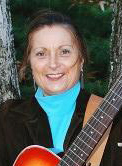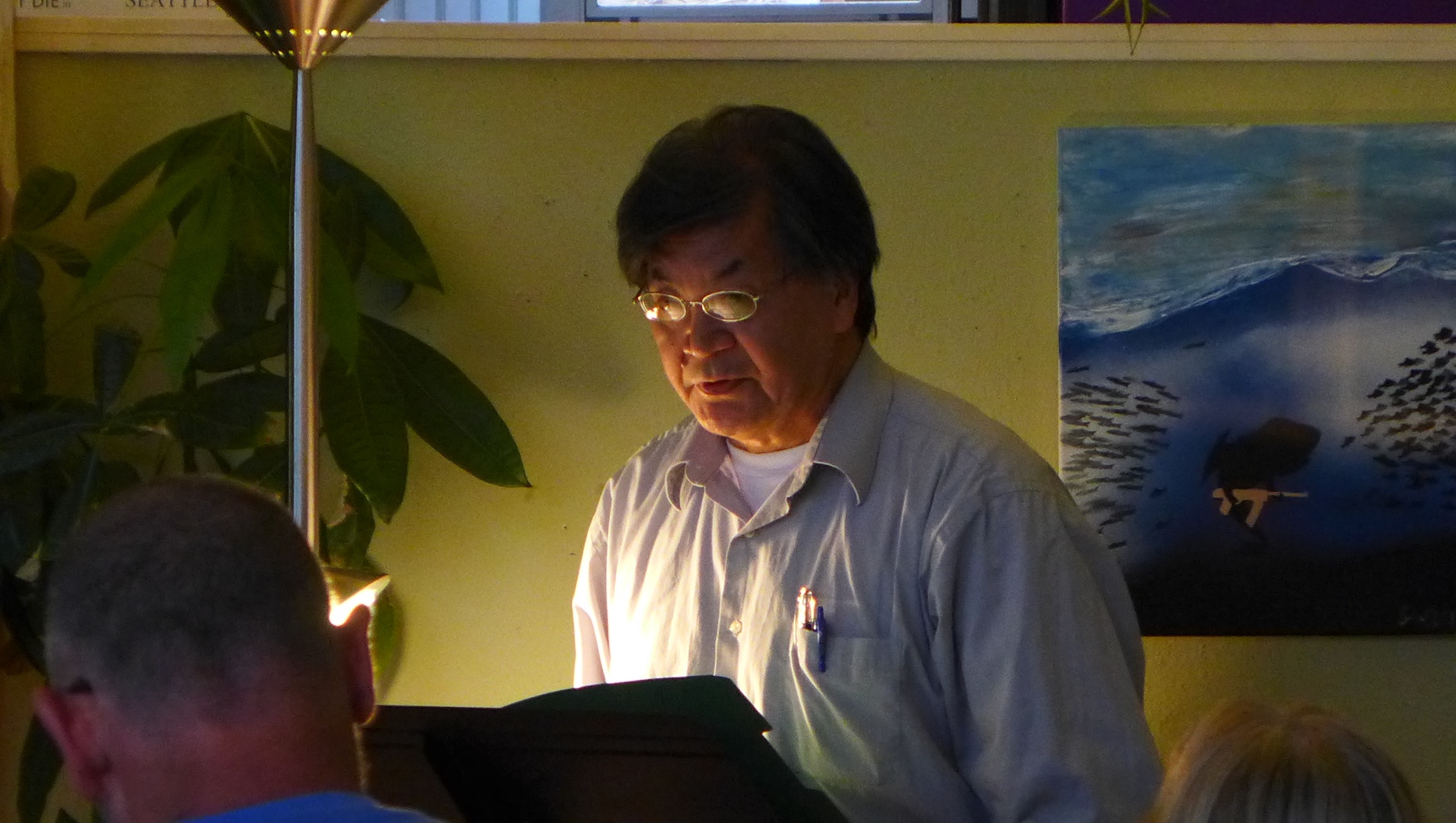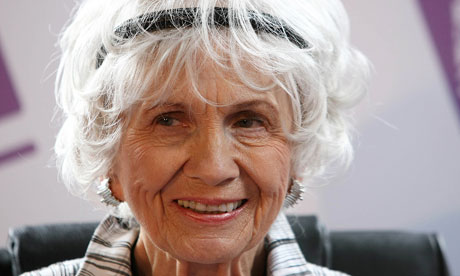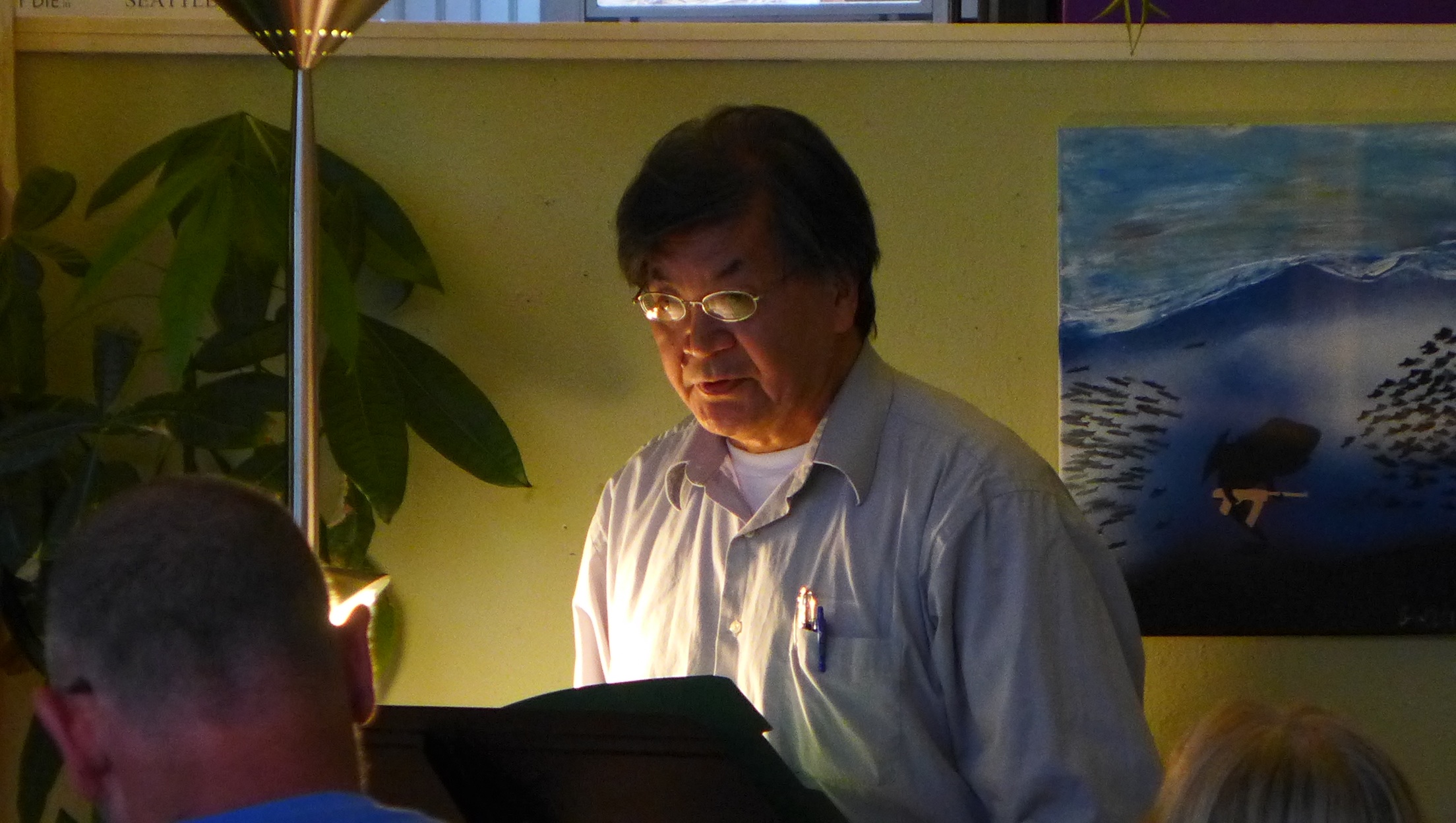Suzanne Rancourt blogs about her P&W funded workshops with many underserved populations. Suzanne Rancourt is pursuing her Doctorate at the US accredited European Graduate School in Expressive Arts: Therapy, Coaching, Consulting & Education as well as a Chemical Dependency Counselor certification. She holds an MFA in writing, MS in Educational Psychology, AWA and CAGS. Suzanne draws from her Native American culture and military service (USMC, USA) in her arts practice and workshops. She has nonfiction work, The Bear That Stands forthcoming in the Journal of Military Experience, with recent work translated by Beatrice Machet. Her writing has been published in numerous journals, is used widely in schools, and transposed into the successful project, On Her Shoulders - a play about nine female veterans. Suzanne is a Managing Editor for Blue Streak - A Journal of Military Poetry. Suzanne has an upcoming P&W funded workshop open to female vets from all eras November 2, 2013 at the Stratton VA Medical Center, Albany, NY. Her award winning book, Billboard in the Clouds, is now carried by nupress.northwestern.
For several years I have had the good fortune of receiving funding from Poets & Writers' Readings/Workshops Program. These opportunities have taken me into prisons, veterans hospitals, homeless shelters for women and children of domestic violence, survivors of Traumatic Brain Injuries, drug and alcohol substance abuse recovery groups, young, inner city girls, YWCA’s, Military Experience and the Arts symposium, and more. I often get people emailing me asking about my use of writing in the field of Expressive/Creative Arts Therapy.
 Of course, I recall my first attempts twenty or so years ago trying to explain to various academics my ideas. Neuroscience and brain chemistry fields really didn’t exist then, so usually my ideas were received with a raised eyebrow, leery glances, and silence. My first writing professor, Leonard Gilley, always said that perseverance was a writer’s mainstay. I continued to seek and cultivate my voice as a writer and in so doing I was met with profound adversity, and opportunities.
Of course, I recall my first attempts twenty or so years ago trying to explain to various academics my ideas. Neuroscience and brain chemistry fields really didn’t exist then, so usually my ideas were received with a raised eyebrow, leery glances, and silence. My first writing professor, Leonard Gilley, always said that perseverance was a writer’s mainstay. I continued to seek and cultivate my voice as a writer and in so doing I was met with profound adversity, and opportunities.
I focused on being my “authentic” self and in so doing embarked on a journey that led to Pat Schneider and her Amherst Writers and Artists method of facilitating writing workshops. By then I had already acquired two Masters Degrees with education in writing and psychology. I knew a good thing when I felt it. The AWA method, to use some of Pat’s phrasing, 1. is non hierarchical, 2. is experiential, 3. is a strengths based model, 4. can be used with all people regardless of age, religion, lifestyle, culture, cognitive levels, etc, 5. meets the writer/learner where they are at, 6. the facilitator takes the same risks as the participants, 7. it is NOT psychotherapy.
I continued to educate myself and learn from each participant in every one of my groups. I began to realize the changes occurring within participants and myself, not just the cathartic stuff, but the physiological things. For example, prior to a writing spree I may become highly agitated and then sit and write for hours or days. What’s that about? I wanted to know more. Expressive Arts counseling requires that we delve into our own Kafka-esque realities and for me that meant using my primary modality - writing. The change occurs in the process of the art making. Find the surprise.
Since this is to be a relatively short blog post, I won’t give you the full Monty but let’s say the bus most recently stopped off at my military service years. In 2012, a young Iraq veteran, Travis Martin, followed his Authentic self and created The Journal of Military Experience. Their dedication in using the arts for helping each other, bettering our worlds and documenting our experiences is beyond profound. Each writer writes for their own reason with some discovering a knack that they cultivate into a well honed craft. Ironically, words can’t fully describe how much being reconnected with veterans has helped me. Resonance and resiliency; Perhaps those two words can give you an idea.
Writing transports the artist to someplace. That’s why many of us write. Writing as an Expressive Arts / Creative Arts therapeutic modality is serious business. You are accessing memories, emotions, activating neural pathways that can lead to change with the appropriate guidance and support. There are specific practices that we follow in our daily living, and our continued passion to seek, learn, experience and become more competent in our profession; to be a better human. Be Authentic.
Photo: Suzanne S. Rancourt. Photo Credit: Donna Davidson
Support for Readings/Workshops in New York is provided, in part, by public funds from the New York State Council on the Arts, with additional support from the Friends of Poets & Writers.





 My most recent reading in Seattle—a production of the Chrysanthemum Literary Society with support from Poets & Writers, featuring several
My most recent reading in Seattle—a production of the Chrysanthemum Literary Society with support from Poets & Writers, featuring several  Of course, I recall my first attempts twenty or so years ago trying to explain to various academics my ideas. Neuroscience and brain chemistry fields really didn’t exist then, so usually my ideas were received with a raised eyebrow, leery glances, and silence. My first writing professor, Leonard Gilley, always said that perseverance was a writer’s mainstay. I continued to seek and cultivate my voice as a writer and in so doing I was met with profound adversity, and opportunities.
Of course, I recall my first attempts twenty or so years ago trying to explain to various academics my ideas. Neuroscience and brain chemistry fields really didn’t exist then, so usually my ideas were received with a raised eyebrow, leery glances, and silence. My first writing professor, Leonard Gilley, always said that perseverance was a writer’s mainstay. I continued to seek and cultivate my voice as a writer and in so doing I was met with profound adversity, and opportunities. Peter Englund, the permanent secretary of the Swedish Academy, made the announcement today in Stockholm, calling Munro a "master of the contemporary short story." Munro, who lives in Clinton, Ontario, and whose work often deals with small-town life and the complicated relationships between women and men,
Peter Englund, the permanent secretary of the Swedish Academy, made the announcement today in Stockholm, calling Munro a "master of the contemporary short story." Munro, who lives in Clinton, Ontario, and whose work often deals with small-town life and the complicated relationships between women and men,  It might sound like a stretch, but poetry saved my life—along with the care of psychotherapists, the kindness of my dear friend Betty Irene Priebe, and a continuous parade of literary friends.
It might sound like a stretch, but poetry saved my life—along with the care of psychotherapists, the kindness of my dear friend Betty Irene Priebe, and a continuous parade of literary friends.